Hella Pick is one of that vanishing generation of Jewish refugees who arrived in Britain on the eve of the second world war, courtesy of the Kindertransport. An only child of separated parents, born and brought up in Vienna, she was luckier than most: her mother got out soon afterwards. Her grandmother, who remained, died in Theresienstadt.
Early life in the UK was not easy for refugees from Nazism. Visas were only granted to those who had an offer of work, and just about the only work permitted to them was domestic service, which must have been particularly galling for people like Hella’s mother who had once been prosperous. Young Hella was relatively fortunate. Thanks to a series of generous sponsors, she was privately educated at a day school in the Lake District and, aged 17, won a place at the LSE, where she studied economics at the feet of Harold Laski.
In her mid twenties she was taken on by the now defunct West Africa magazine, the first step on the path to what proved to be a long and distinguished career in journalism. She witnessed the high hopes that attended the struggle for independence in what was then colonial Africa, becoming acquainted with some of the early nationalist leaders before they morphed into presidents for life.
In 1961 she was asked by the Guardian to report from the United Nations and later from Washington. It was the height of the Cold War and she had a ringside seat. She was to remain with the paper for nearly 40 years. An accomplished networker, with a capacity for making lasting friendships, she travelled the world, engaging with the great, the good and the not-so-good, and sometimes just observing from the sidelines.
Given the places Pick has been to and the things she has seen, there is a disappointing lack of local colour in her book, and a bit too much ‘and then I did this, and then I went there…’. She also has an irritating fondness for exclamation marks, but there are some nice moments. As a young girl guide, she is camping in pouring rain in the Lake District when a portly woman emerges from a nearby house and invites them in to get dry. She is Beatrix Potter.
Many years later Pick is one of a group of journalists visiting the Khyber Pass with Geoffrey Howe, the foreign secretary at the time, whose style of debate had memorably been mocked by Denis Healey as akin to being attacked by a dead sheep. The party are treated to a feast, in preparation for which sheep have been slaughtered. To the amusement of the accompanying journalists and the bemusement of their Afghan hosts, the two dead sheep are laid out for Howe to inspect, along with a guard of honour.
On occasion in Washington Pick is mistaken for Nancy Kissinger, to whom she bears a passing resemblance. ‘But Mrs Kissinger, you have an account here,’ says a supermarket assistant when she attempts to pay in cash. Later, at a party, someone points to Pick and inquires of Kissinger: ‘Does your wife agree with you?’ To which the good doctor testily responds: ‘She’s not my wife. My wife doesn’t criticise my work.’ ‘I was thrilled,’ says the author. ‘Kissinger must have read something I had written.’
One central figure dominates the early part of Pick’s career: her mother. A life in journalism was not at all what the lonely, isolated woman had in mind for her only child. Her ambition was to see Hella married and settled with a family. As the years pass, her complaints become louder. She is given to ringing the Guardian’s long-suffering editor, Alastair Hetherington, and demanding that he send her daughter home.
And Pick has her own insecurities: a feeling of not quite belonging in her adopted country, and perhaps a sense of guilt about never having settled down as her mother would have wished. But by any standards hers has been a golden life. Reading her story one cannot help thinking of all the Jewish children with whom she grew up in Austria who never made it out. What might they have done with their lives, given half a chance?
Got something to add? Join the discussion and comment below.
Get 10 issues for just $10
Subscribe to The Spectator Australia today for the next 10 magazine issues, plus full online access, for just $10.
You might disagree with half of it, but you’ll enjoy reading all of it. Try your first month for free, then just $2 a week for the remainder of your first year.

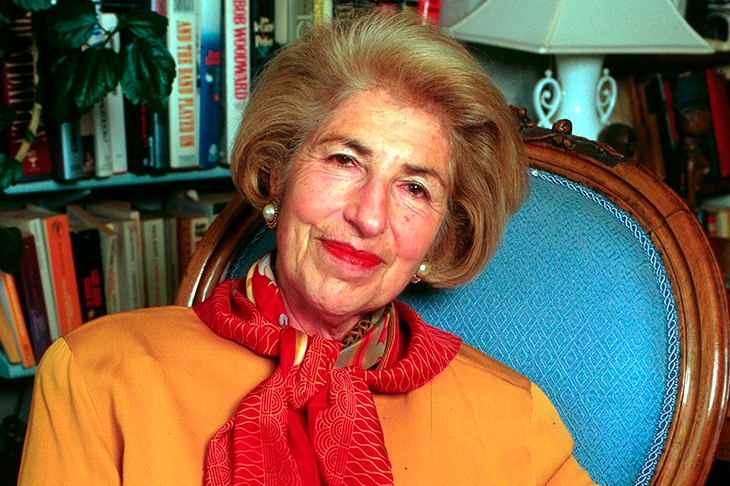
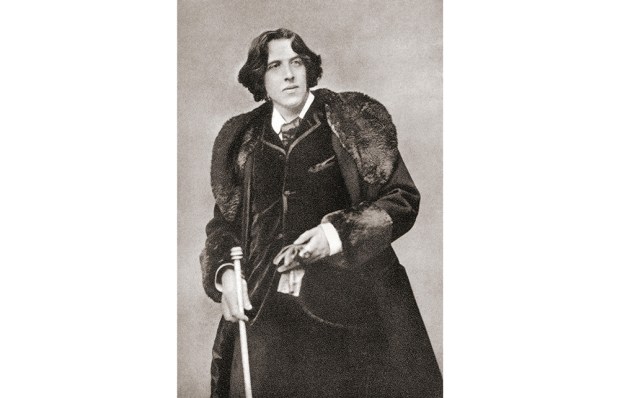

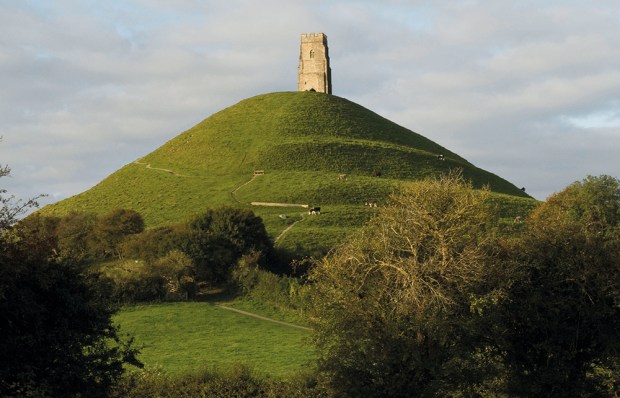

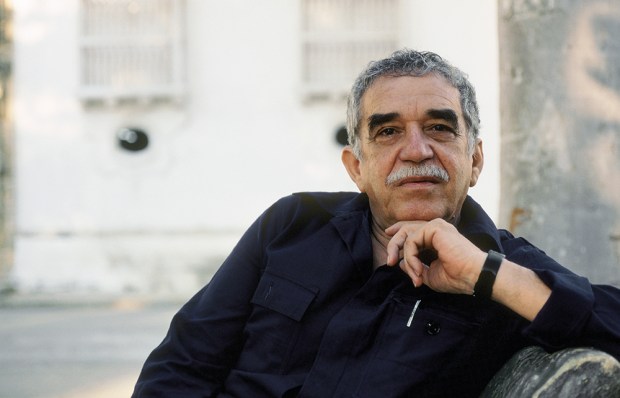
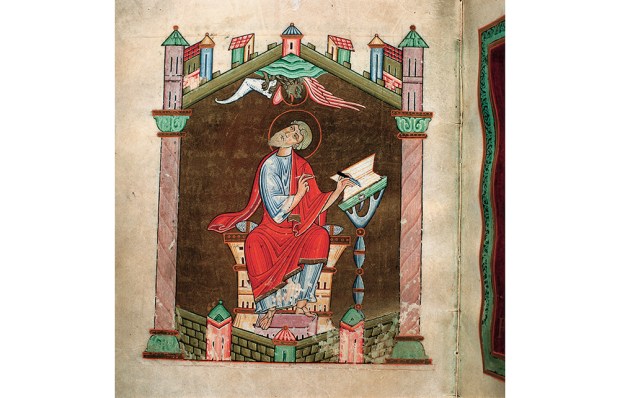






Comments
Don't miss out
Join the conversation with other Spectator Australia readers. Subscribe to leave a comment.
SUBSCRIBEAlready a subscriber? Log in